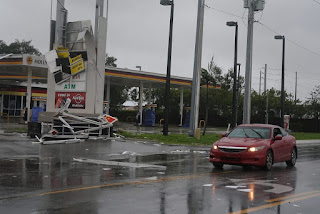September Is Suicide Prevention Awareness Month
Did you know the US construction industry workforce has the highest number of suicides and the second highest suicide rate of all industries? The Centers for Disease Control and Prevention, in a report on suicide by major occupational grouping published in July 2016, indicated that the construction/extraction industry reported 1,324 suicides in 2012, or 53.3 suicide deaths per 100,000 employees.
Many of us have been touched by the tragedy of suicide and have seen the devastating impact it has on families. While not comparable to the personal toll on loved ones, its impact on businesses is also very real. Suicide is uncomfortable to think about, much less talk about, but talk about it we must. September is National Suicide Prevention Awareness Month, so take this opportunity to have a conversation with your senior leaders to discuss how your company can support construction workers by educating managers, supervisors, and workers on this threat and to evaluate the adequacy of the mental health services your company provides.















